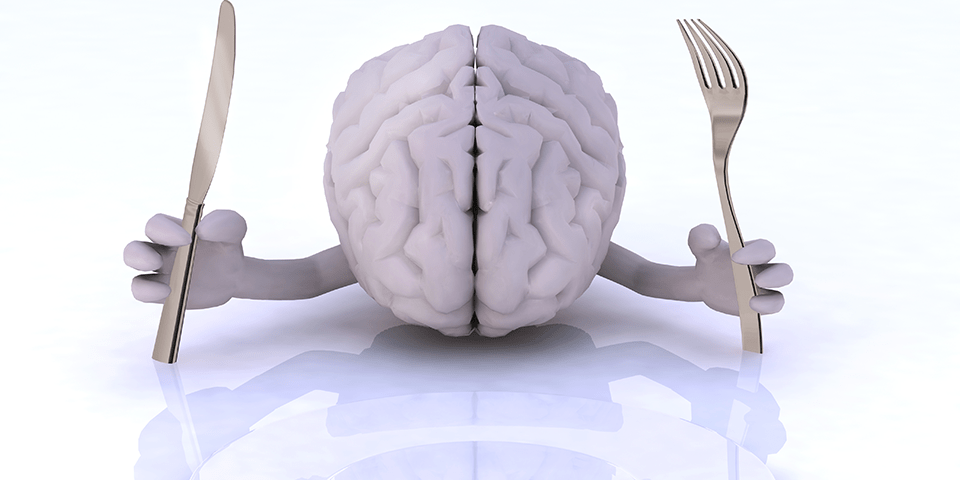If ‘food is good for your mood’, could a new study showing some nutrients are beneficial in the management of a range of mental health disorders be the recipe for success?
In addition to the established relationship between poor diet and mental illness, there is also a vast body of research examining the benefit of nutrient supplementation in people with mental disorders.
After their analysis of that research led to the world’s largest review of top tier evidence1, an international team of scientists, led by Western Sydney University’s NICM Health Research Institute, have been able to provide a clear overview of the benefit of specific nutrient supplements, including dosage, target symptoms, and safety and tolerability across different mental disorders. Their findings were published this week in World Psychiatry.
Although the majority of nutritional supplements assessed did not significantly improve mental health, the researchers found strong evidence that certain supplements are an effective additional treatment for some mental disorders, supportive of conventional treatment.
In summary:
- The strongest evidence was found for omega-3 supplements as an add-on treatment for major depression, reducing symptoms of depression beyond the effects of antidepressants alone. There was some evidence to suggest that omega-3 supplements may also have small benefits for ADHD.
- There was emerging evidence for the amino acid N-acetylcysteine as a useful adjunctive treatment in mood disorders and schizophrenia.
- Special types of folate supplements may be effective as add-on treatments for major depression and schizophrenia, however folic acid was ineffective.
- There was no strong evidence for omega-3 for schizophrenia or other mental health conditions.
- There is currently a lack of compelling evidence supporting the use of vitamins (such as E, C, or D) and minerals (zinc and magnesium) for any mental disorder.
Lead author of the study, Senior Research Fellow at NICM Health Research Institute, Joseph Firth, said the findings should be used to produce more evidence-based guidance on the usage of nutrient-based treatments for various mental health conditions.
“While there has been a longstanding interest in the use of nutrient supplements in the treatment of mental illness, the topic is often quite polarising, and surrounded by either over-hyped claims or undue cynicism,” he said.
“In this most recent research, we have brought together the data from dozens and dozens of clinical trials conducted all over the world, in over 10,000 individuals treated for mental illness.
“This mass of data has allowed us to investigate the benefits and safety of various different nutrients for mental health conditions on a larger scale than what has ever been possible before.”
Reference
1: https://onlinelibrary.wiley.com/doi/full/10.1002/wps.20672








